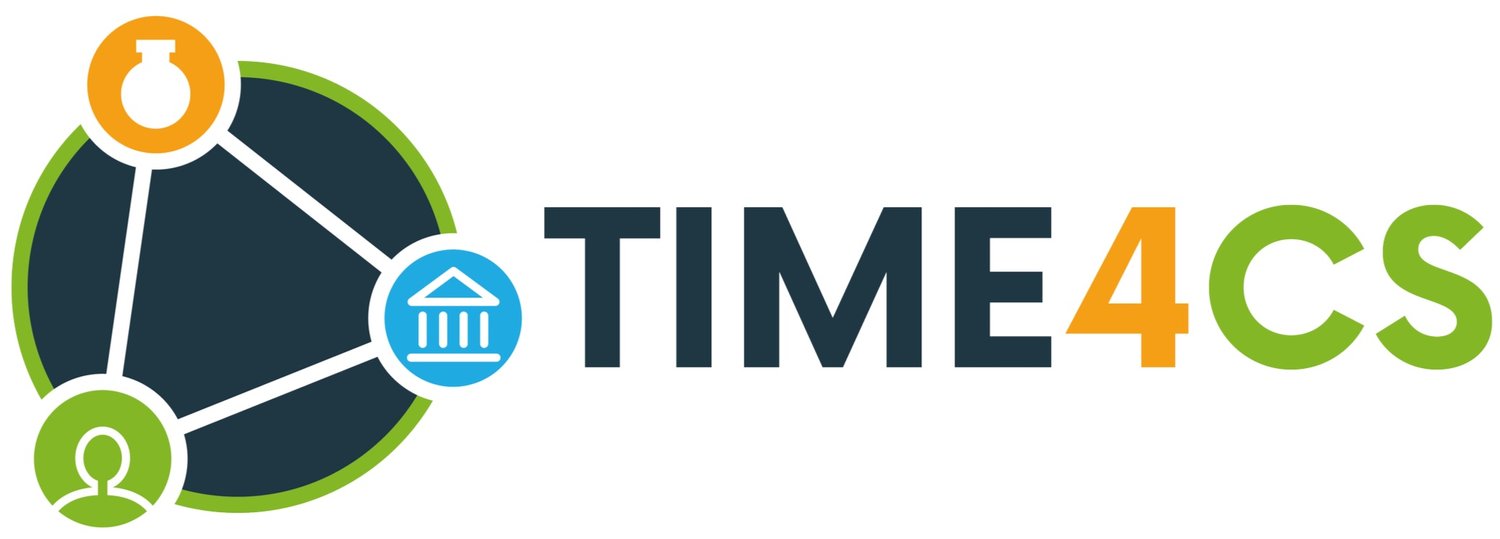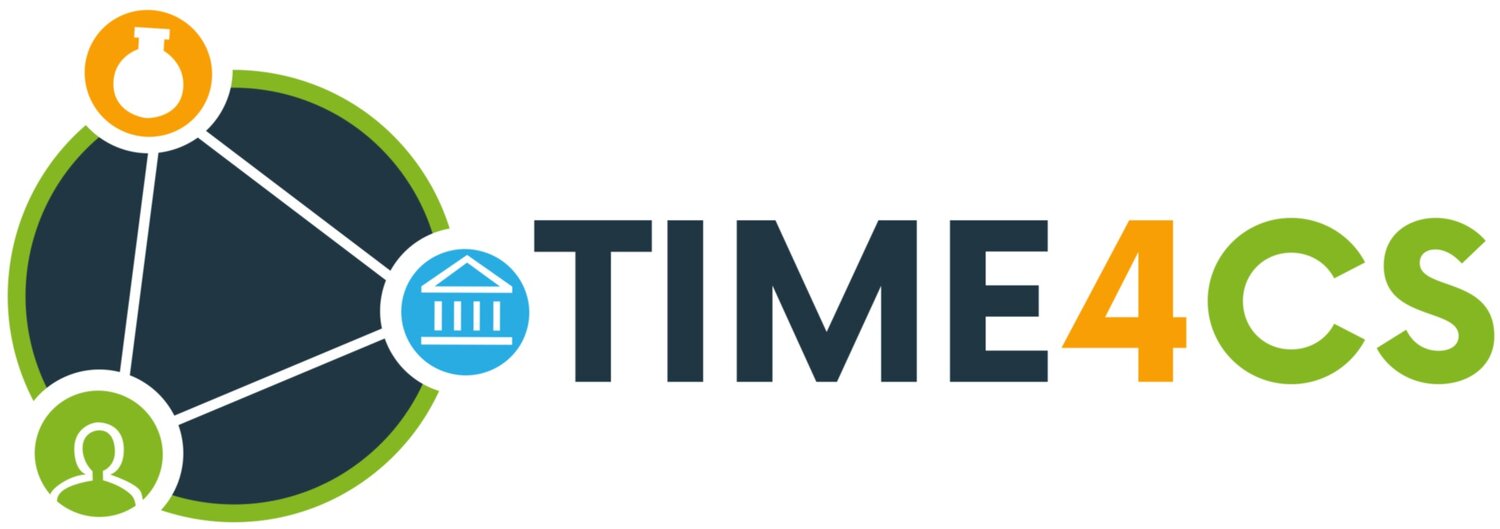It’s time for researchers to meet Citizen Science! An Implementer's perspective -UniSR
Since its inception, Vita-Salute San Raffaele University (UniSR) has been characterised by a strong integration between biomedical research and socio-psychological and philosophical research, with the view that improving the human condition must include all three of these aspects. Furthermore, UniSR shares its campus with IRCCS Ospedale San Raffaele (OSR) forming an overall structure with more than 100 laboratories and 1,200 researchers. In such an environment where students, researchers, physicians, and patients are so closely linked, the Time4CS project aims to define and implement institutional changes that can lead to a better and more effective engagement of patients and citizens in general in research and innovation activities.
The main goal of the Time4CS project at UniSR is to actively engage researchers, by introducing them to the concept of Citizen Science and how it can become a powerful approach to enhance their research and increase societal participation. A few San Raffaele researchers have already been involved in research projects relying on citizen participation; however, in those projects, citizens did not play a direct role in the scientific process. Instead, Citizen Science should cover a “range of different levels of participation: from raising public knowledge about science, encouraging citizens to participate in the scientific process by observing, gathering and processing data, right up to setting scientific agenda and co-designing and implementing science-related policies”[1]. Thanks to Time4CS, scientists are given the opportunity to meet professionals experienced in Citizen Science projects (see some examples below), therefore learning from concrete examples about the economic, democratic, scientific, ethical, and moral values that Citizen Science has to offer. Just to name one positive effect, citizens are an inexhaustible source of something scientists crave most… data!
As a first step in raising researcher awareness, elements of Citizen Science have been integrated into a few UniSR courses for molecular medicine and cognitive sciences PhD students, pre-graduate biotechnology students, and participants in an advanced master’s in science and health communication.
Furthermore, UniSR is organizing a cycle of seminars entitled "Science and Society”, which aims to highlight significant issues emerging from the complex relationship between scientific research and society. Several national and international experts will be involved thus offering our researchers many opportunities for discussion and food for thought. The audience will be provided with concepts, methodologies, practical examples and concrete expertise. The seminars are mostly intended for researchers and students, but attendance will be open to people outside the UniSR community as well.
We are also actively implementing institutional changes, including the establishment of a core team and reference point for researchers, wishing to engage them in Citizen Science activities and to include such activities in the criteria for research evaluation for promotions and recruitments.
Our aim is that Citizen Science and other forms of citizen participation will become more widespread, thus effectively and more broadly engaging patients, their families, and citizens in scientific research.
Author: Maya Fedeli, PhD (UniSR)
The first part of UniSR’s road to sustainable Citizen Science can be found here.
[1] European Commission, Horizon 2020: Work Programme 2018-2020 (2017), p34


